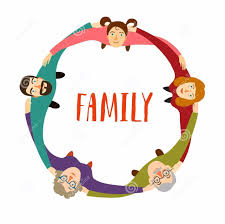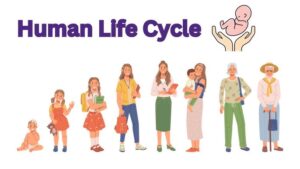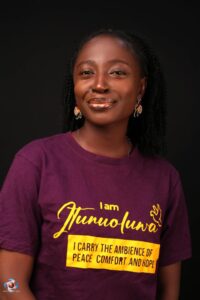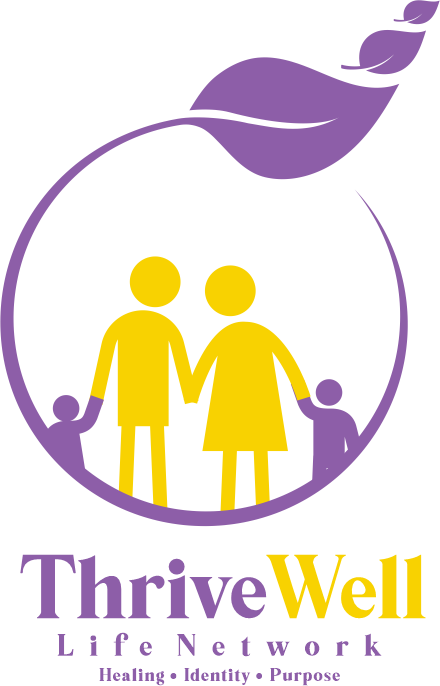Why Healing Before Parenting Matters: Breaking the Cycle of Generational Trauma

Children come into the world without a say in the matter.
They do not ask to be born, nor do they choose their circumstances. They arrive as tender, trusting individuals—completely dependent on the adults responsible for them. This dependency goes beyond physical needs; it encompasses emotional and psychological safety as well.
However, many children today are being raised by adults who have not yet come to terms with their own emotional wounds. These adults are not necessarily neglectful or lacking in love. In fact, many care deeply. Yet, they are still grappling with past traumas and unresolved experiences that continue to shape their approach to parenting.
Without personal healing, unresolved pain finds its way into daily interactions. It can be heard in the tone of voice used during moments of stress, felt in the silence that follows conflict, and seen in the disciplinary choices that mirror those once vowed never to be repeated.
When healing has not taken place, parenting can easily shift into a form of emotional survival. In such a state, one may find themselves reacting rather than responding, attempting to control rather than connect, and trying to fulfill parenting roles outwardly without being fully present inwardly.
Although love is vital, love alone is not sufficient. Intentions, no matter how sincere, cannot replace the need for emotional wholeness. Effective parenting calls for awareness—an understanding of one’s emotional landscape and the humility to acknowledge its impact on a child.

Children need more than food, shelter, and access to education. They need to feel safe, not just physically, but emotionally. They need to be acknowledged, not only when they make mistakes, but simply for who they are. They benefit most from parents who are not just around, but truly present.
This leads to a challenging but important reflection: is it fair to bring a child into the world without taking steps toward personal healing? While it is true that no one has it all figured out, the danger lies in neglecting the need for growth and excusing harmful behaviors as part of how one was raised.
When wounds go unaddressed, there is a risk that the very pain once endured will be unintentionally passed on to the next generation. This is not a legacy any child should have to inherit.
There is, however, an alternative. The cycle of dysfunction can be interrupted. Healing is possible, and with it comes the opportunity to build a healthier foundation—not only for ourselves but for those we raise.
Healing is not a sign of weakness or indulgence. It is a necessary and responsible step, especially for those guiding the next generation.

Whether one is already a parent, planning to become one, or still uncertain about that path, the invitation remains the same: consider healing as part of your preparation. Do it not only for yourself, but for the well-being of the child who will one day look to you for security, guidance, and love.
Children may not ask to be born, but they deserve to be raised by adults who are committed to becoming whole.
“Children may not ask to be born, but they deserve to be raised by adults
who are committed to becoming whole.”
If you are considering beginning this journey, start with small steps. Seek support, take time to reflect, and remain open to growth. Healing takes time, but its impact can shape a generation.

Developmental Psychologist and Family Life Therapist
